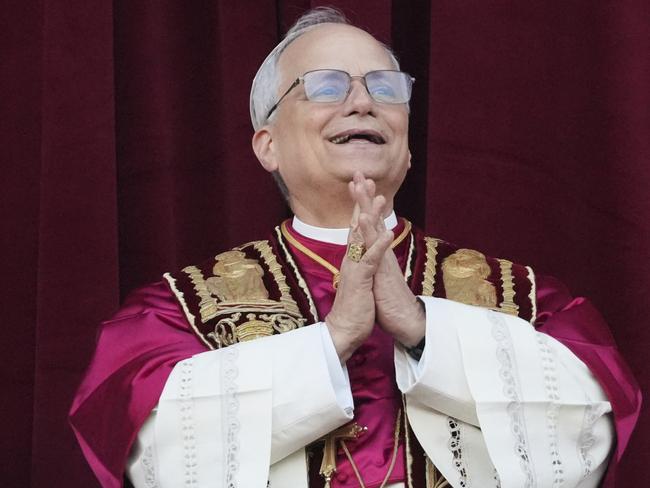Who is the new Pope Leo XIV? Everything to know about Robert Prevost
Robert Prevost, the Chicago kid who left home after eighth grade to pursue his calling, doubted he would ever be elected the new pope, his brother has revealed.
Europe
Don't miss out on the headlines from Europe. Followed categories will be added to My News.
The new American pope, Leo XIV, thought his nationality would work against him in the papal election. So did most observers, American or otherwise.
Robert Prevost, the Chicago kid who left home after eighth grade to pursue his calling, felt that the United States’ dominance of political, cultural and economic affairs would preclude an American head of the Catholic Church.
He had been called to the Vatican from the regions of Peru (he has dual US/Peru citizenship), and excelled in the important duty of selecting and supervising bishops.
But his rise was fast. His Vatican climb post-dated the last conclave, in 2013, and he had never taken part in one.

According to his brother John, he studied up by watching the movie “Conclave” to “know how to behave” in the Byzantine machinations of a papal election.
He and John, with whom the pope has until now played Wordle, spoke on the night before the conclave.
The new pope, who was mostly overlooked by the bookmakers, doubted he would be elected.
“I didn’t believe it, and Rob didn’t believe it,” John Prevost told NBC.
“I should say, Pope Leo didn’t believe it at all, because there’s not going to be an American pope was the attitude,” Prevost said.
Leo grew up in the Chicago suburb of Dolton, considered comfortable and relatively safe, which has also thrown up Jane Lynch, the star of TV show Glee.
The family presented fragmented baseball loyalties, but the new pope is an avowed Chicago White Sox fan. His calling trumped sporting ties, and his parents, no longer with us, wondered only what kind of priesthood he would pursue.
His departure to the seminary was a sad moment of separation which still resonates with brother John today, and he was rarely home there after, apart from summer holidays.
The youngest of three brothers, Leo often offered advice to his older siblings.
“I think he knew it by first grade that he was going to be a priest,” his brother said. “And there was no question in anyone’s mind.”
More Coverage
Originally published as Who is the new Pope Leo XIV? Everything to know about Robert Prevost





